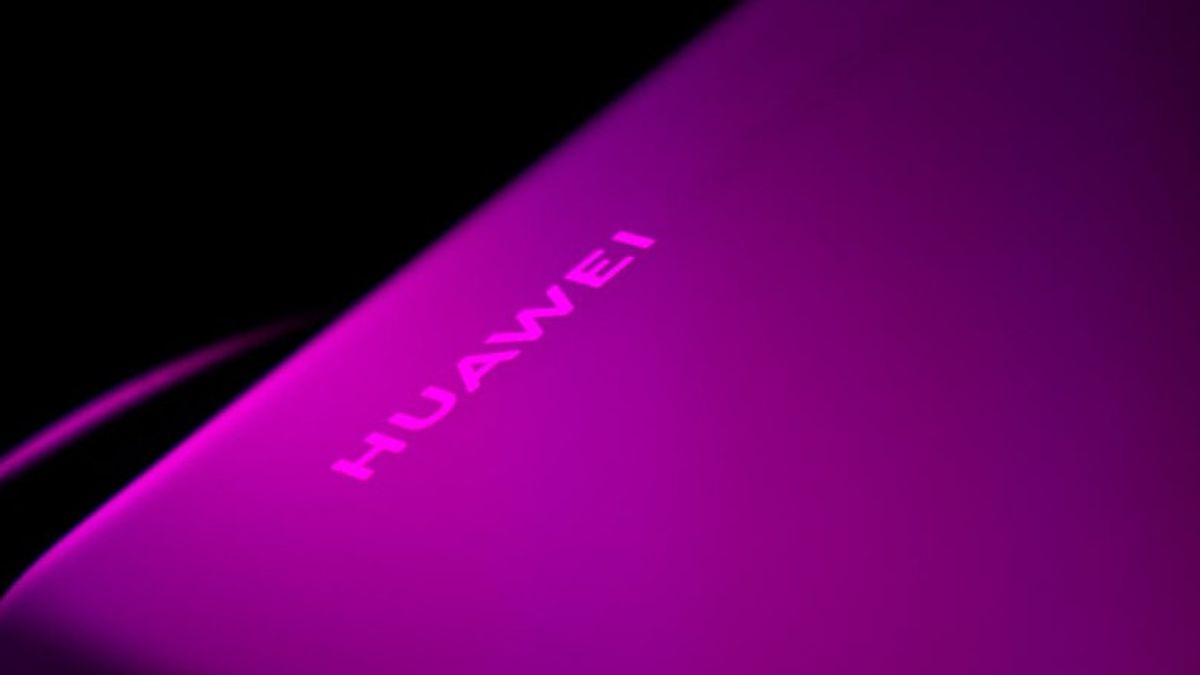JAKARTA - Huawei boss Eric Xu said firmly that the Chinese chip industry will be reborn, even though the sanctions imposed by the United States (US) continue to haunt.
"I believe China's semiconductor industry will not sit still, but take efforts to strengthen itself and be independent," Xu told a news conference.
"For Huawei, we will provide our support for all efforts to save ourselves, strengthen ourselves, and the independence of China's semiconductor industry," he added.
In 2019, Huawei was forced into a US blacklist called the Entity List during the Donald Trump administration, which banned America from selling technology to Chinese companies.
The company's business suffered from the sanctions, with several countries banning the use of Huawei equipment on their 5G network.
The sanctions also prevent Huawei from accessing important components and software from US companies, including Google's operating system, Android, which is used in most smartphones around the world.
Then, restrictions were tightened in 2020 to Huawei. The rule prevents castings using US technology from shipping silicon to Huawei, resulting in the company having to be separated from the latest cutting-edge chips needed for its smartphones.
Since then, Huawei has had to make many changes to its device operations and catalogs.
China is also not allowed to buy an Extreme Ultraviolet (EUV) Litography machine that tightens the circuit pattern thinner than human hair into silicon wafers.
It didn't stop there, the US then introduced a wider chip restriction last year, aiming to eliminate the critical semiconductors of Chinese companies that could serve artificial intelligence (AI) and more advanced applications.
All steps taken by the US are based on concerns that China could use advanced semiconductors for military purposes.
However, Xu insists this continuous restriction could encourage innovation, rather than hinder China's domestic semiconductor industry.
"I believe the Chinese semiconductor industry will be reborn under these sanctions and create a very strong and independent industry," Xu said.
Xu said Huawei would support China's semiconductor industry efforts to become more independent.
The Chinese tech giant is now trying to develop the tools needed for domestic semiconductors, but this will be a tough task.
Last week, Xu confirmed Huawei and other domestic companies had jointly created the electronic chip design tools needed to make semiconductors 14 nanometers and above.
However, Huawei ideally requires a much smaller nanometer-sized chip for advanced applications, which they currently find difficult to get.
Where, the smaller the size of the nanometer, the better the performance of Huawei chips against giants, such as Apple and Samsung. This was quoted from CNBC International, Monday, April 3.
The English, Chinese, Japanese, Arabic, and French versions are automatically generated by the AI. So there may still be inaccuracies in translating, please always see Indonesian as our main language. (system supported by DigitalSiber.id)













